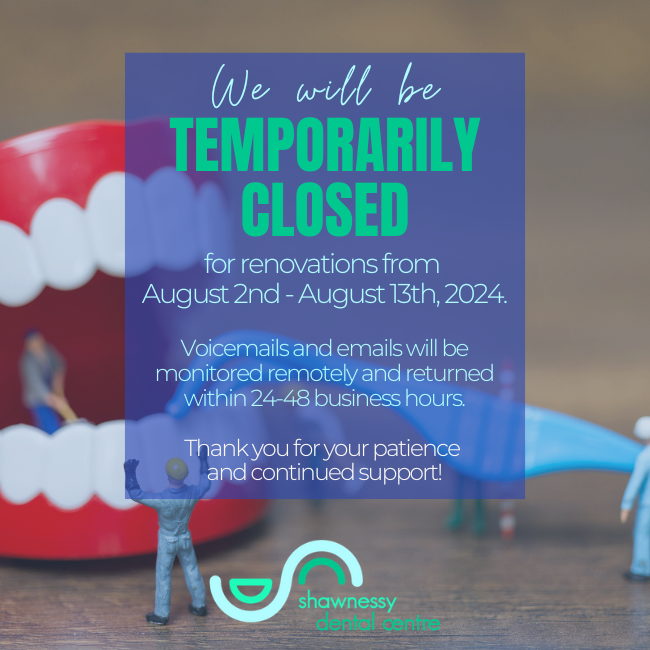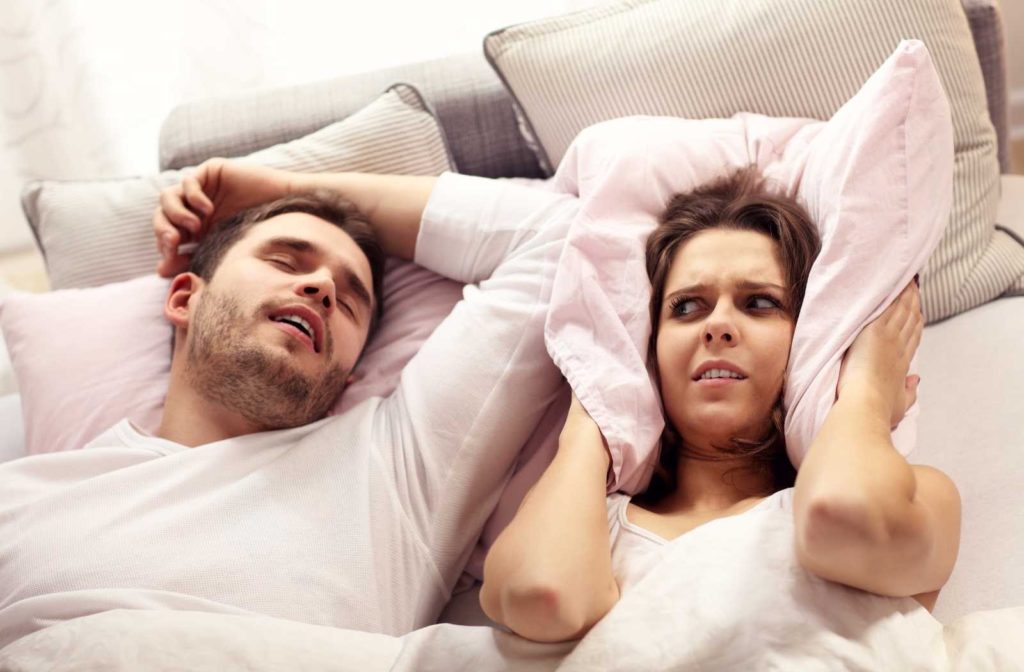If you’ve ever had a partner sharing your bed tease you about snoring, you might have gotten a little red around the ears. But if it’s quite a severe complaint, and if there’s a real concern for your health in it, your snoring could be a symptom of a much deeper problem.
Sleep apnea can sometimes be dismissed as natural snoring, maybe even as a cute character flaw. Certain kinds of snoring can be a health risk for snorers, so it’s essential to look for sleep apnea solutions where you can. But first, you have to understand the differences between snoring and sleep apnea.
Snoring
Many people snore. All it amounts to is deep relaxation in your airways, especially in and around your nose and your throat. The relaxation makes normally smooth tissues in your airway sag, forming a bit of a flap that air has to work past. The pressure can result in a buzzing sound.
Sleep Apnea
Sleep apnea affects people at risk of health issues, and it’s characterized by shallow breaths or even pauses in breathing. Apnea comes in two major types with differing causes: obstructive sleep apnea and central sleep apnea. Technically there’s a third kind, a combination of the first two types, called complex sleep apnea.
Obstructive Sleep Apnea
This type of apnea is more common, and many factors can increase the risk of it or contribute to its severity. The long list can include:
- Body Dimensions in the neck, throat, jaw, and airways
- Weight Range
- Tobacco & Alcohol Use
- Nasal Congestion
- Increasing Age
- Male Sex
- Family History Of Apnea
- Medical Conditions
- High Blood Pressure
- Type 2 Diabetes
- Parkinson’s Disease
- Polycystic Ovary Syndrome
- Hormonal Disorders
- Stroke
- Chronic Lung Diseases
Central Sleep Apnea
Central sleep apnea can be more challenging to manage. It boils down to a reoccurring communication breakdown between your brain and your breathing muscles. It’s also a little harder to find a recognizable cause.
Middle-aged men with a history of stroke or heart conditions and those using opioids are those most at risk of developing central sleep apnea. Age, sex, and family history also play a big role.
What’s the Difference Between Snoring & Sleep Apnea?
Both snoring and apnea can be worsened by a person’s bodily dimensions, as well as unhealthy habits. As mentioned, risk factors for (obstructive) apnea old age, obesity, unusually large tongues or tonsils, as well as some head and neck shapes.
Sleep apnea sounds like snoring, but the vital difference is in your breathing patterns. With sleep apnea, your breathing can halt for seconds at a time, and the breaths you take tend to become shallow. These pauses can range from 10 seconds to 1 minute in severe cases. Breathing problems during your sleep can escape your notice, but the effects can still compound.
How to Assess Your Breathing Patterns
If you find yourself waking up feeling out of breath, it might be a sign your breathing during sleep is inconsistent. If you share a bed with someone, they might also report that your snoring’s taken on a halting pattern. It’s best to ask your doctor (or dental expert versed in sleep apnea) to make a diagnosis.
The Health Risks of Sleep Apnea
Deprivation of oxygen seems the most apparent risk as you breathe less than required. Still, one more subtle risk is a loss of sleep, as you may wake up for a moment as many as 30 times per hour.
Sleep Quality
Sleep apnea qualifies as a sleep disorder, meaning the more your sleep suffers, the more your body suffers. Poor quality sleep can impact your health in several ways:
- Bodyweight
- Healthy appetite
- Concentration
- Physical performance
- Risk of heart conditions and stroke
- Glucose metabolism diabetes risk
- Depression
- Immune function
- Inflammation risk
- Mood
- Relationship with your partner
What You Can Do About Obstructive Sleep Apnea
A sleep health professional—or dental and sleep apnea specialists like ourselves—can provide you with appliances designed to restore healthy breathing. The snore guard fits in your mouth and maintains jaw position for optimal breathing posture—while promoting a balance between nasal and oral breathing.
We can also suggest a continuous positive airway pressure (CPAP) therapy. This treatment option has become the gold standard for managing obstruction in your airways without surgery.
Using it for 7 hours a night can lower depression levels and risk for heart conditions when compared to CPAP use for just 5 hours a night. Its use can also result in lower blood pressure and reduced daytime drowsiness. It has some risk of side-effects, but the tradeoff might be worth it to most.
Leave Snoring Behind
The benefits of getting a diagnosis for sleep apnea almost certainly outweigh the convenience of dismissing it as regular snoring. The appliances that can help you set your breathing right in case of apnea are easy to use, and they could make all the difference. Book an appointment with us, and we can help you manage sleep apnea!



